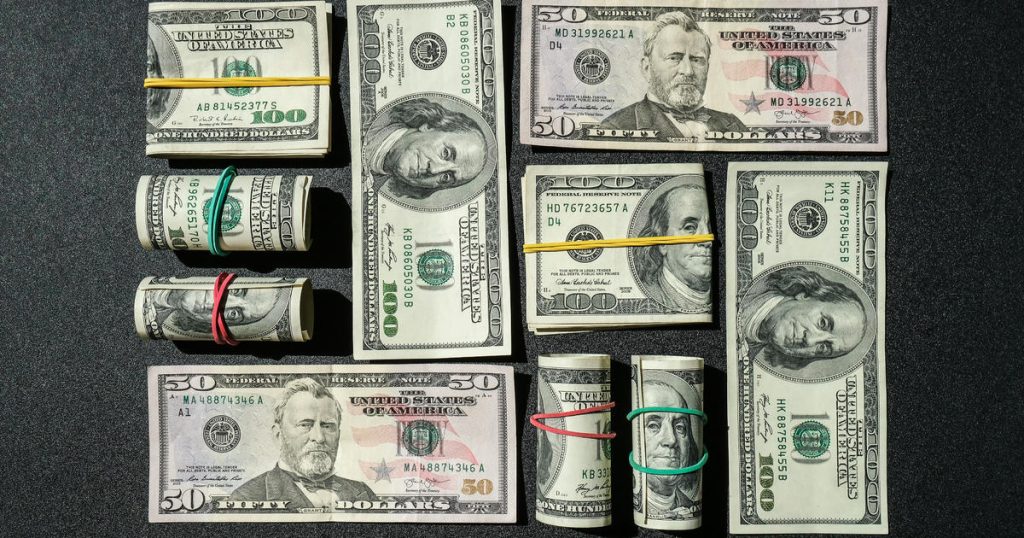Only about 18% of Americans correctly identify high-income individuals as facing the highest federal tax burden, with most mistakenly believing that middle-income households shoulder the highest tax burden. With tax season in full swing, many Americans are focusing on their tax returns and their perceptions of the fairness of the tax system. According to a poll from AP-NORC, only 27% of taxpayers believe their federal income taxes are fair, with 60% feeling that their tax burden is too high.
The U.S. tax system is designed to be progressive, meaning that lower-income Americans pay a smaller share of their income in federal taxes than high-income individuals. Lawmakers and policy experts are considering proposals to increase tax rates for the wealthy, with President Joe Biden suggesting reversing a rate cut for the top earners that was part of the 2017 Tax Cuts & Jobs Act. The proposed top marginal rate would return to 39.6% from its current level of 37%.
In 2021, the typical earner paid $14,279 in federal income taxes with an average tax rate of 14.9%, according to a Tax Foundation analysis of IRS data. The top 50% of earners contribute almost all of the nation’s federal taxes, while the bottom 50% only account for about 2.3% of the country’s tax receipts. The top 10%, with incomes of at least $169,800, pay about three-quarters of the nation’s tax bill. Despite the misconception that the middle class bears the heaviest tax burden, it’s actually the top 1% who pay the highest federal tax rate at 25.9%.
Despite the progressive nature of the tax system, many Americans are bothered by the feeling that corporations and the wealthy aren’t paying their fair share in taxes. A Pew Research poll found that about 6 in 10 Americans support higher taxes on the rich, reflecting a desire for more equitable taxation. This sentiment indicates a disconnect between public perception of tax burden and the reality of who pays the most taxes in the U.S.
Overall, there is a complex interplay between public perception of taxes, the reality of who pays the most taxes, and ongoing policy discussions around tax rates for high-income individuals. As Americans continue to grapple with their tax obligations and beliefs about fairness in the tax system, the debate around tax policy and fiscal responsibility is likely to remain a prominent issue in the political and economic landscape.















